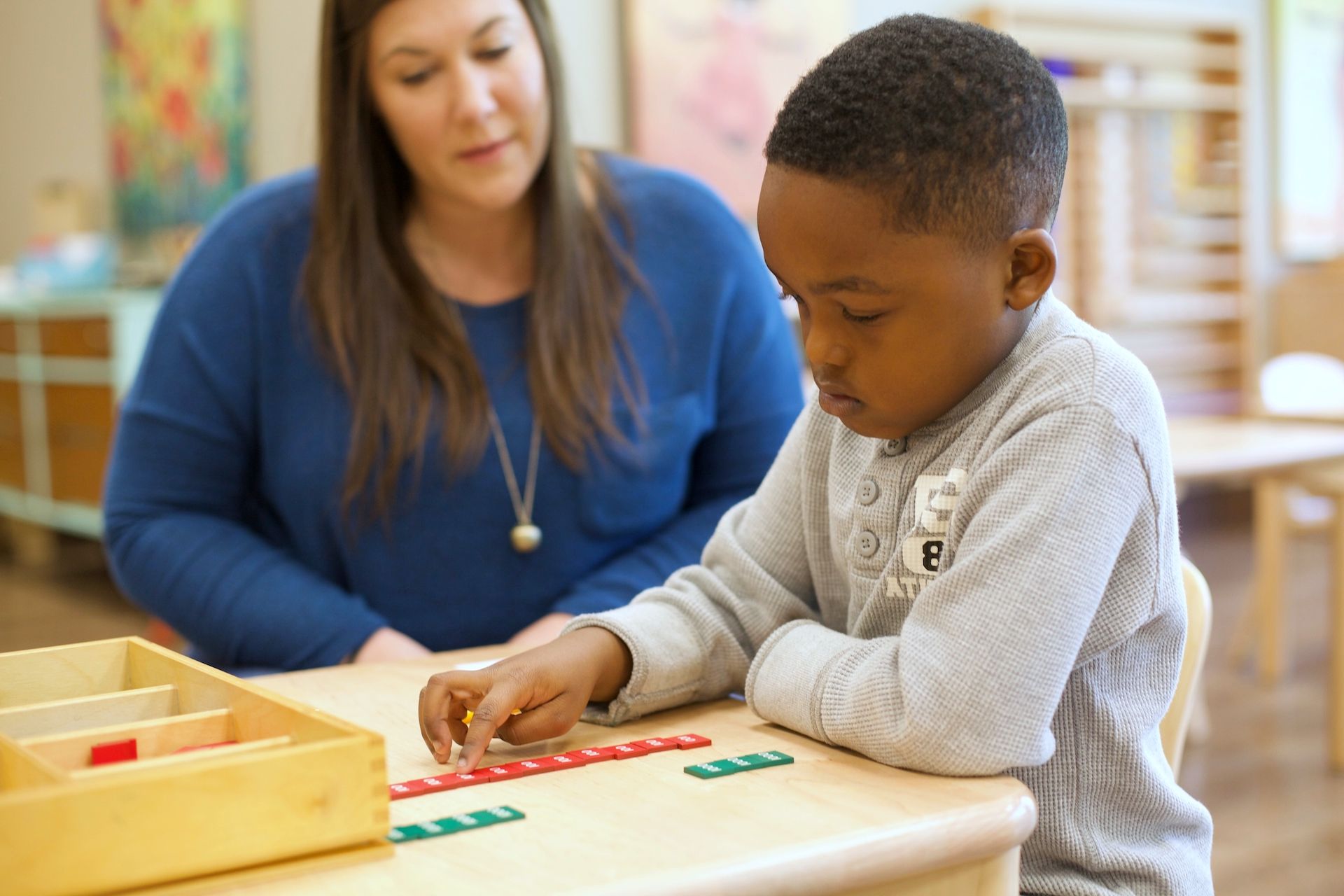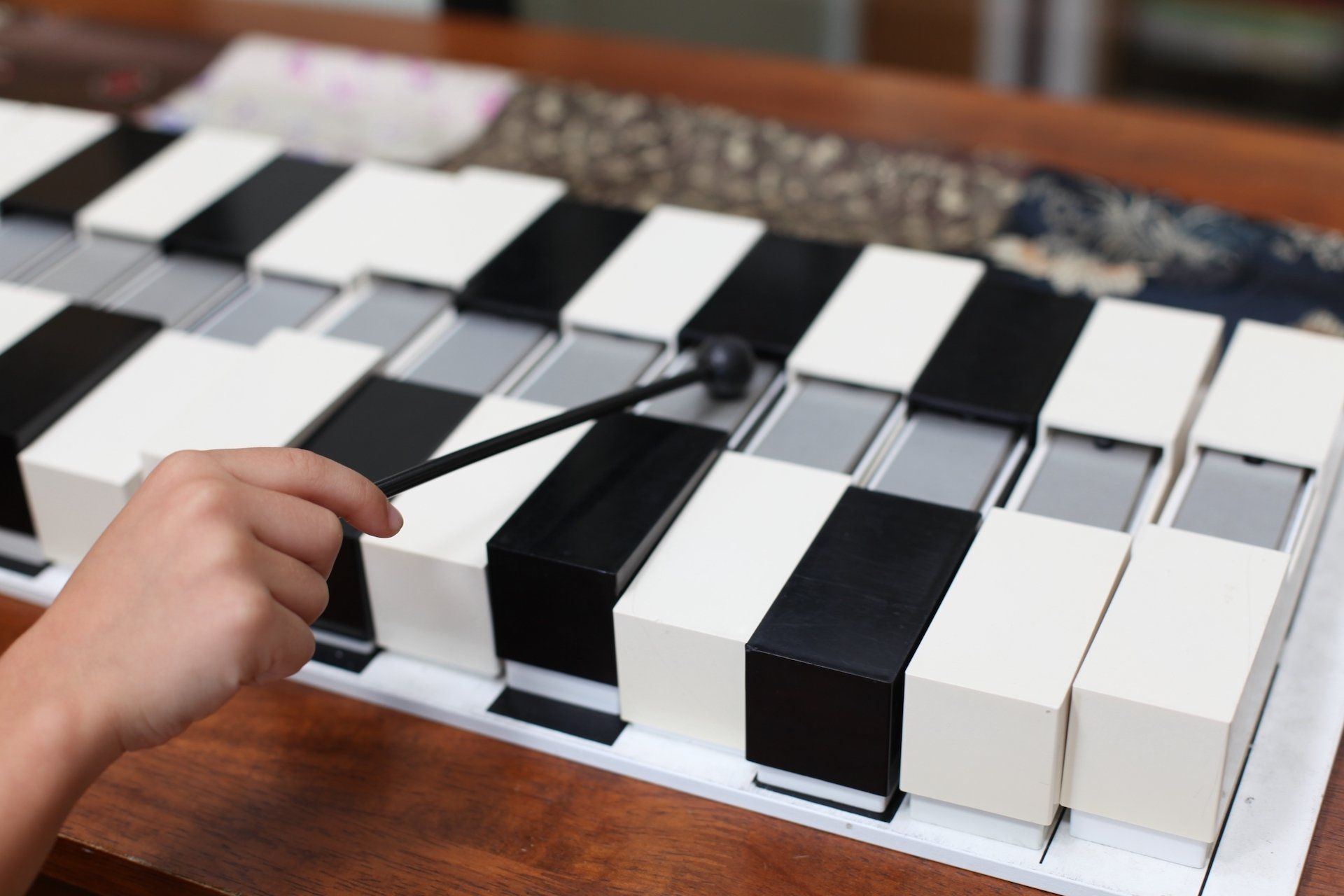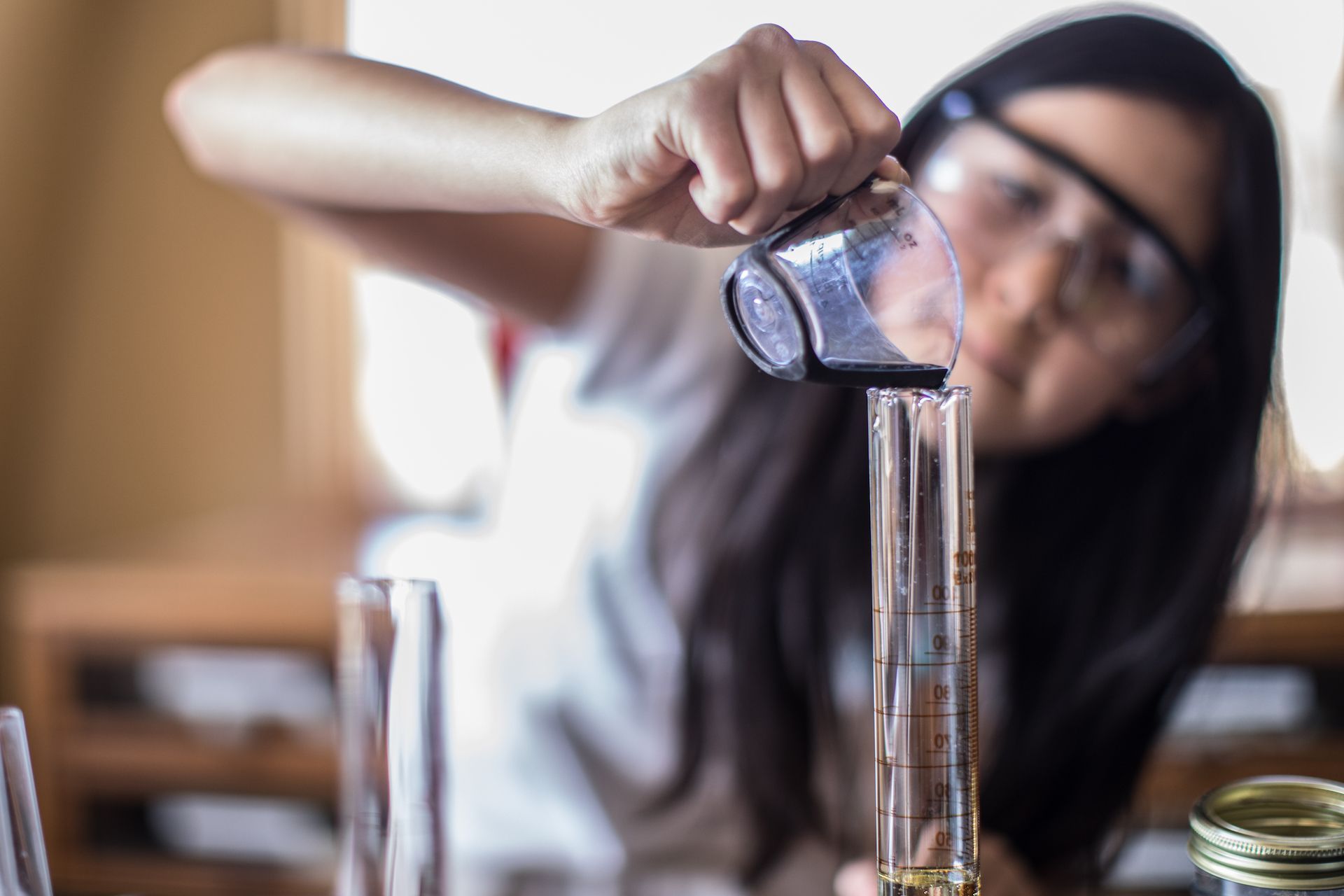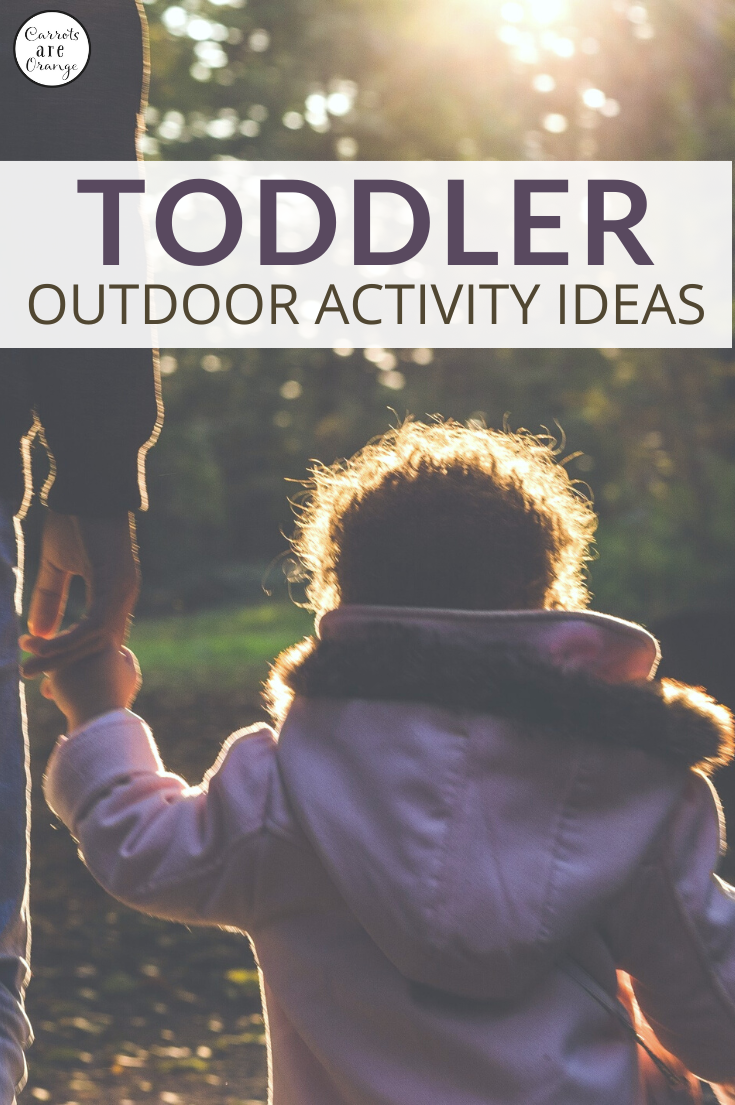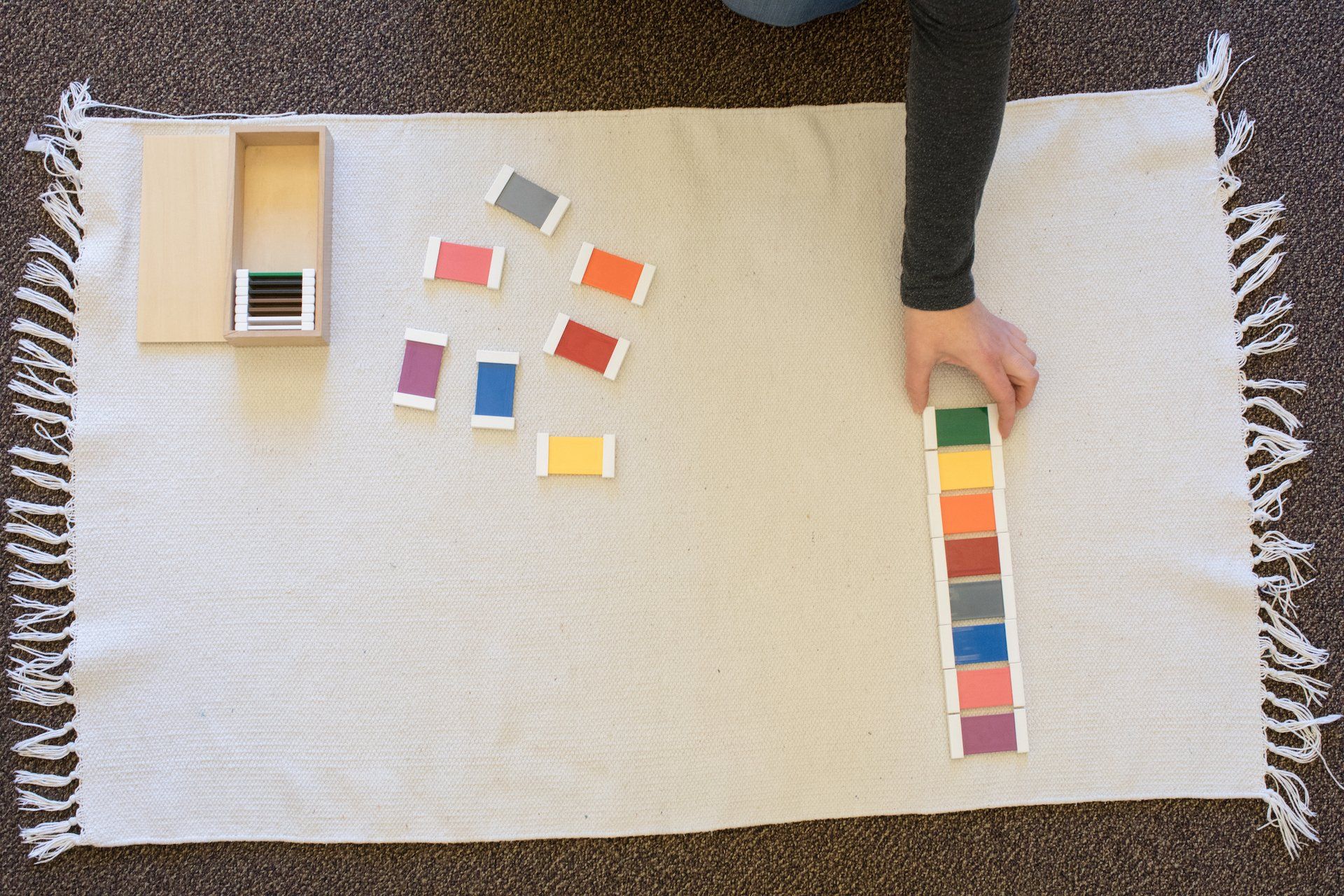Power & Potential: The Sensitive Periods

Have you ever noticed how sensitive young children can be to changes in routine? Even the slightest schedule adjustment can throw things off. On the positive side, young children also have an incredible ability to internalize the order of their daily activities. They intuitively know when something is supposed to happen during a regular day.
It’s also pretty amazing how quickly young children absorb the intricacies of language, how they progress so seamlessly from sitting to crawling to walking to running, or how they can be so focused on tiny details and objects.
During these times in their lives, children seem to be compelled by an irresistible force. Think of the little one who wants to climb up the steps again and again. We can try to stop them, but they are undeterred! And despite the great effort involved, the activity almost seems effortless to them.
In Montessori, we pay close attention to these periods of time when children show intense focus on mastering a new skill, creating deep understanding, or refining their abilities. We call these times “sensitive periods.”
What are Sensitive Periods?
To paint the picture of sensitive periods, Dr. Maria Montessori used the example of newly hatched caterpillars. These young caterpillars hatch from eggs in protected nooks but are drawn toward the light where they can eat soft, young leaves at the ends of branches. The young caterpillars aren’t aware of the fact that going toward light will provide them with a food source. Rather, they are responding to a biological impetus. Once that need is satisfied, the caterpillars no longer have the desire to move toward bright light. That sensitive period is over and they shift into the next stage of their development.
Like the young caterpillars, young children in a sensitive period become incredibly absorbed with acquiring or mastering a new skill and hone in on the activity that aids their development. Neurologically, this is the time when groups of neurons become more active than others and establish key neural networks in children’s developing brains. These windows of opportunity are transitory and marked by children’s passionate focus on mastering a skill or characteristic.
In Montessori we focus on four main sensitive periods:
- Order
- Language
- Refinement of the Senses
- Movement
Sensitive Period for Order
The sensitive period for order is most intense from birth to three years of age, although it does continue through age six. When children are under the influence of the sensitive period for order, we see their intense interest in the order of things, both in routines (time, order of events in day, etc.) and in their environment. Young children can show great distress if this order changes.
As adults, we can appreciate that order makes our lives easier; planning our meals and picking out clothes ahead of time makes our week flow more smoothly. Organization and order are a convenience and make us more efficient. But young children need orderly environments in a different way. The order in their surroundings or routines becomes the basis for their relationship with the world. If that foundation of order is changing all the time, it’s like trying to build a house on a shifting foundation. Lots of changes in the environment or schedule cause children to have to constantly adapt, which diverts their energy away from other necessary forms of their development. When children have a predictable and ordered environment, they feel secure, trust their environment, and establish an internal order.
Sensitive Period for Language
Children are effortlessly absorbing language from birth. The first three years of life are focused on the development of spoken language and the last three years are focused on the expansion and refinement of language, including writing and reading. During this sensitive period, children are learning the intricacies of the language spoken around them. They hear sounds and begin to try to imitate them. They hear the rhythm of phrases and sentences. They begin to internalize the nuances of grammar.
Because children are absorbing all aspects of language, they need rich language experiences. Thus, we want to provide lots and lots of vocabulary by naming real things in the environment and engaging in meaningful conversation, even with our infants!
Sensitive Period for Refinement of the Senses
Young children are learning about their world through sensory experiences. The sensitive period for refinement of sensory perceptions starts at birth and begins to fade around four and a half.
This sensitive period does not make children’s eyes see better, ears hear better, or tongue taste better, but it does help children distinguish between finer and finer differences. Children who have access to sensorially rich environments can begin to refine their senses, have clearer perceptions, and be able to organize and classify their impressions. Neurologically, this sensitive period is when children are creating neural networks that help them interpret their environment through visual, auditory, olfactory, gustatory, and tactile perceptions. An enriched experience gives children the opportunity to develop powers of sensory discrimination, like perfect pitch, that will last throughout a lifetime.
Sensitive Period for Movement
Movement is how children come into contact with their environment, express their developing personality, and develop their independence. So much movement development happens from birth, and then, from about ages two and a half to four, children focus on refining their movements.
Children in this sensitive period benefit from having their movements directed toward some purposeful aim. For example, children want to imitate and participate in daily life, like cooking and preparing food. As parents, we often give our children play kitchens. With no other options, children will play with the pretend kitchen for a while, but this doesn’t satisfy them for long. They are much happier preparing real food for themselves and those around them. Meaningful activity, like food preparation, helps children refine their movement, adapt to their culture, and contribute to their community in a purposeful way.
Power & Potential
Although “sensitive periods” refer to the particular times when children are most open to developing a particular skill or trait, the name is a profound reminder. We need to be sensitive–treading mindfully and with great care–to the power and potential of these periods of development.
During the sensitive periods, children develop the skills and characteristics of order, language, refinement of the senses, and development and refinement of movement without apparent effort. Once the sensitive periods have faded, children can still achieve and develop certain characteristics, but they have to do so using work and effort. Plus, the skill or characteristic isn’t as fully integrated and absorbed. Think about how hard it is to learn a second language as an adult!
Most delightfully, when children are in a sensitive period and their needs are met, they experience deep inner joy and a sense of satisfaction. We invite you to schedule a tour so you can come visit our school and see this joy and satisfaction in action!

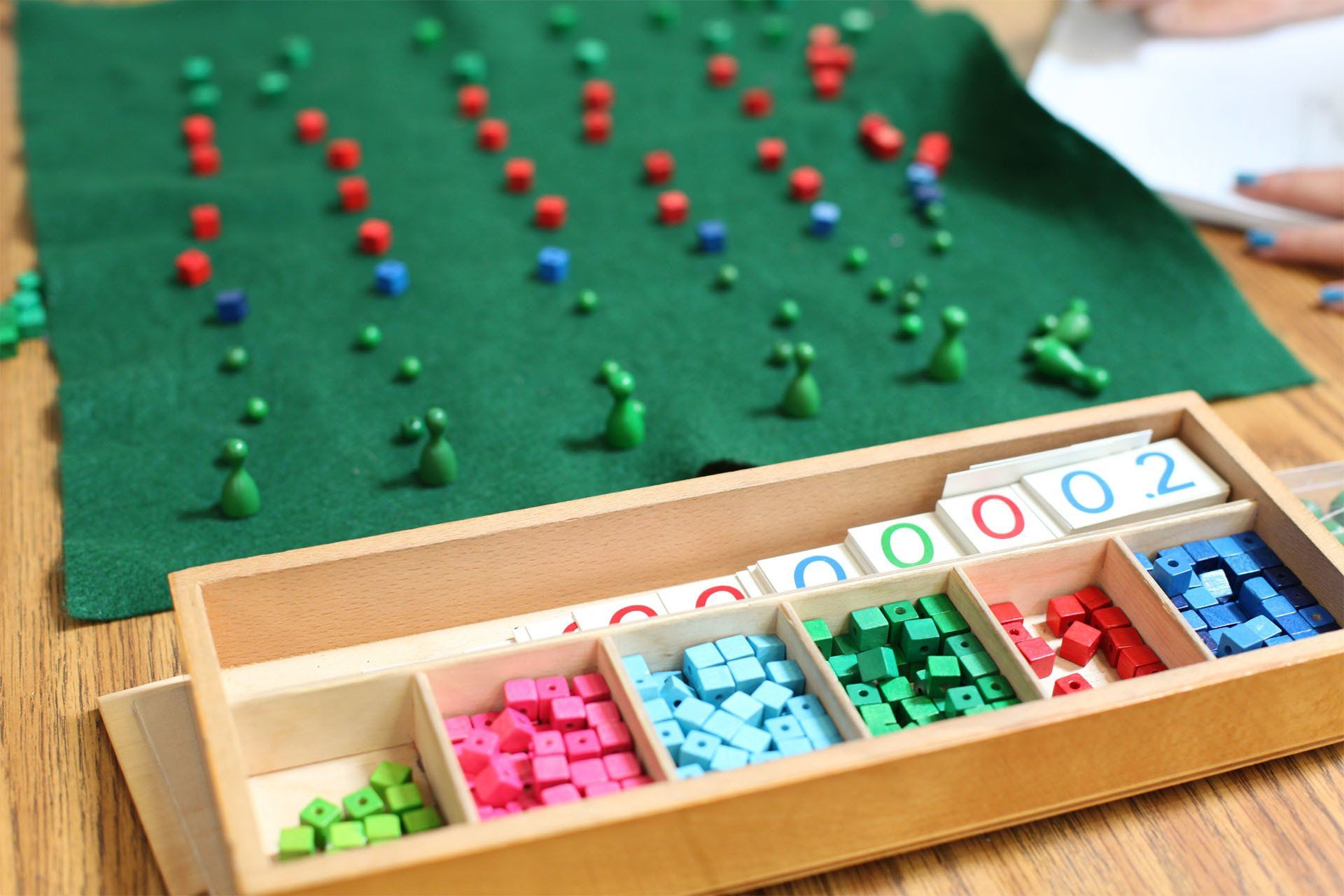
Our Programs
South Shore Montessori Learning without limits | Privacy Policy
